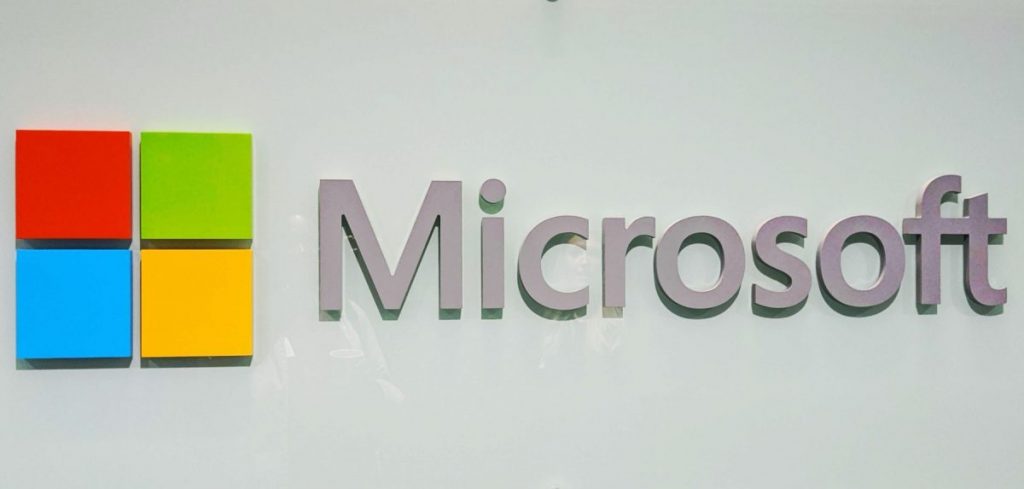Microsoft today announced it has acquired ADRM Software, which provides large-scale industry data models companies use as “information blueprints.” The tech giant says it plans to combine these models with storage and compute from Azure to support the creation of data lakes where information from multiples lines of business is collated together at scale.
Industry data models enable companies to capture and define business concepts, refine and integrate processes, and build interoperability into their ecosystems. But despite the fact that they’re foundational for things like data quality, lineage, and governance, such models are often implemented on a fragmented and siloed basis.
That’s where ADRM comes in. It develops industry-specific enterprise, data warehouse, business area, and solution data models spanning 10 industry groups and 65 lines of business. For each organization, the company creates an enterprise data model containing a subset of entities from business area models for that organization’s industry. A slice of between 21 and 30 comprehensive business area models provides detail and expanded scope for each of the areas, offering a view of data for that business or specific subject area.
ADRM says its data models help customers in 18 firms around the world plan, architect, design, govern, report, and gather business intelligence and analytics. Complementing those models, the company provides industry best practices content and industry-specific naming and definitions.
“Data and AI are the foundation of modern technological innovation, yet businesses today struggle to unlock the full value data has to offer as fragmented data estates hinder digital transformation,” Microsoft Azure CVP Ravi Krishnaswamy wrote in a press release. “Without a comprehensive and integrated view of their data, companies are at a competitive disadvantage, which hinders digital adoption and data-driven innovation … [Now] these capabilities will be delivered at scale, enabling our customers to accelerate digital progress and reduce risk in a variety of major initiatives.”
With the acquisition, ADRM’s team joined Microsoft’s Azure global engineering arm.
“As we worked closely with the Azure global engineering team during the past year, we became very enthusiastic about the tremendous additional value and acceleration we believe can be unlocked for large enterprises across many industries by combining ADRM’s comprehensive industry data models with the limitless storage and compute from Azure to power the next generation of intelligent data lakes — data lakes which aren’t just vast reservoirs of data but which are also metadata-rich foundations [that] can supercharge modern data warehouses, next-level analytics, and AI and ML,” ADRM wrote in a blog post.

